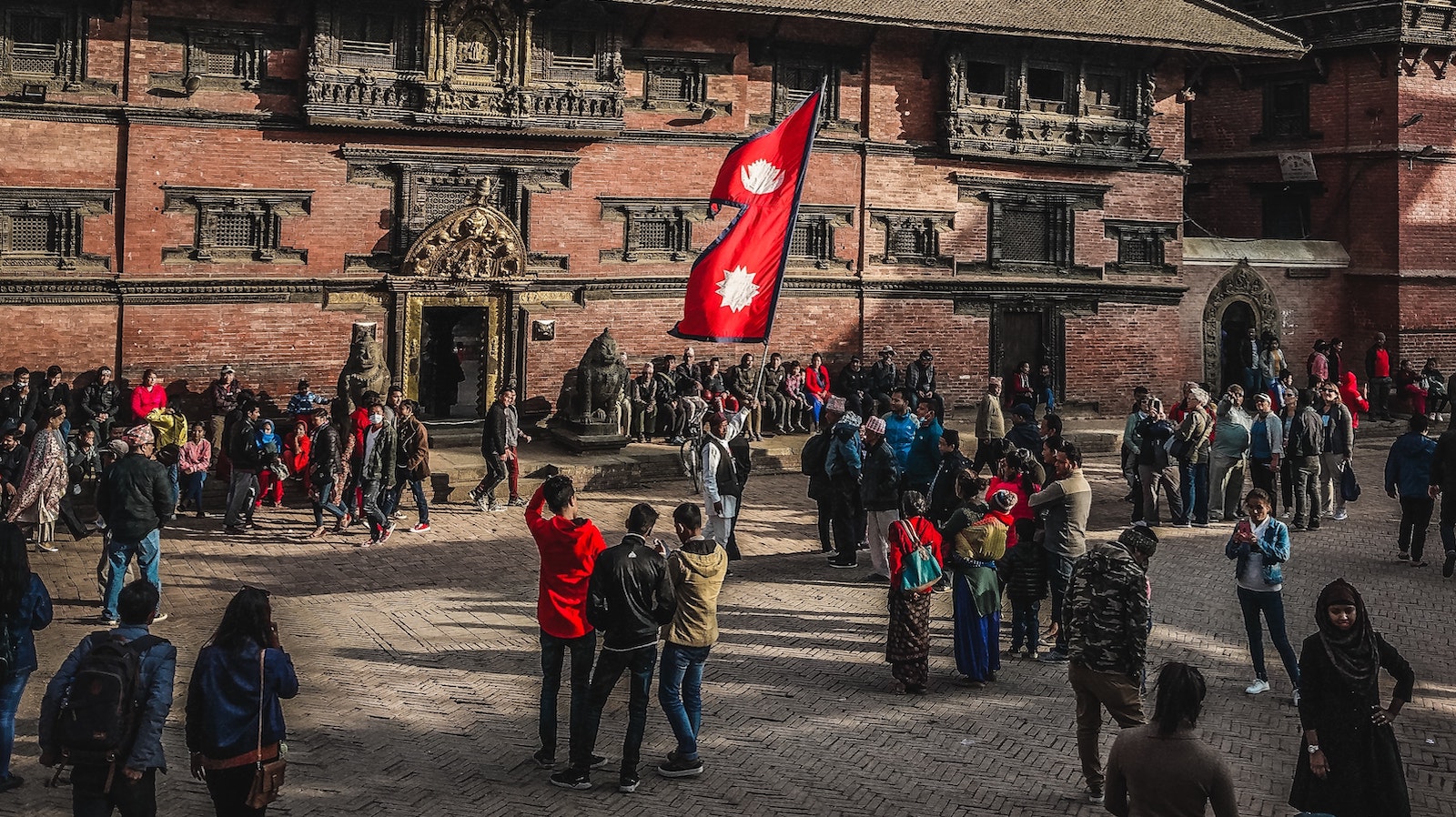


Despite the significant costs, elections should be treated as a public investment, one that ensures democratic decision-making.

Even before the pandemic, the remittance sector of the Nepali economy was undergoing policy hurdles.

A strong and well-thought-out Technical and Vocational Education and Training boosts productivity and aids in establishing employment opportunities.

Citizens need to concur with the responsibility from their end and realize that elections act as backbone to support the economy.

Nepali economy has experienced a liquidity crunch since the beginning of the current financial year. Even with repeated policy measures undertaken by the Nepal Rastra Bank (NRB) to ease the liquidity pressure, the economy continues to feel the prolonged crunch.
